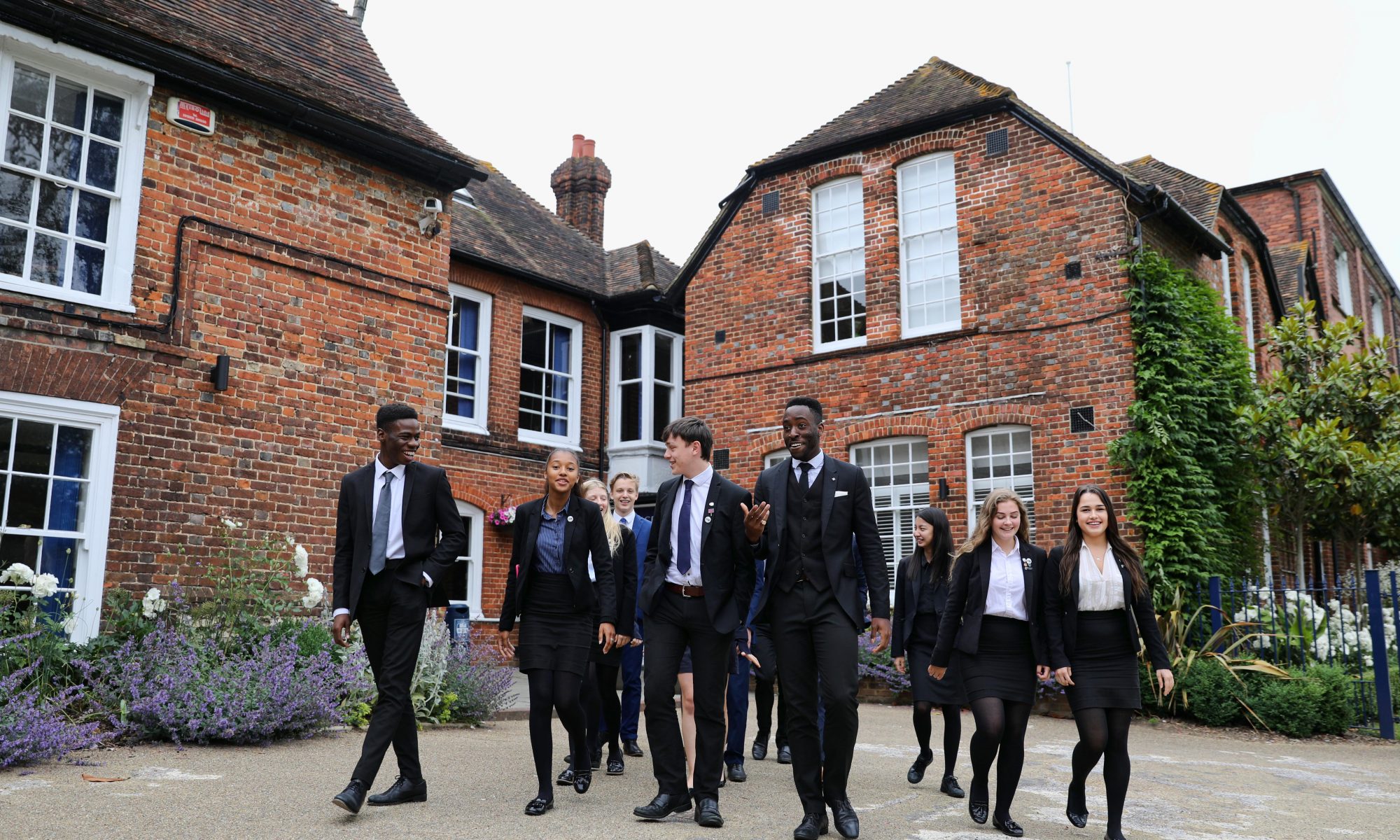Just how important are impressive lists of hobbies and copious amounts of volunteer work to universities? Dr Kirsten Dickers, Higher Education, Careers and Research Leader at Ashford School explains

In nine years as an admissions tutor, this was probably the question I was asked most often. Busy teenagers who were already trying to juggle Sixth Form studies, part-time jobs and social lives were worrying about how to cram in voluntary work, leadership positions in school, competitive sports, music, Duke of Edinburgh and countless other activities.
I hope that my answer came as a relief: UK universities, particularly the more selective ones, don’t base their selection decisions on extra-curricular activities. Instead, they look for super-curricular engagement, or evidence that applicants are exploring the subject they want to study beyond the confines of the school curriculum. To be a competitive applicant, this is what students should focus on.
The good news is that it’s easy to do. There are numerous ways to research topics that they find interesting – reading, following the news, listening to podcasts, watching documentaries, MOOCs, essay competitions, olympiads and other problem-solving challenges, relevant work experience, attending university webinars, taster days and summer schools, and many more. In addition, there are qualifications such as the EPQ and CREST awards, which help students develop valuable research skills at the same time as learning more about a subject of their choice.
Universities stress that quality is better than quantity, in the sense that they would rather see a few things done thoroughly than a long list of quite superficial engagement. I normally advise students to focus on three or four main ideas in a personal statement, demonstrating reflection on each: What is their opinion of what they have read? How does it extend their learning? Has it changed their view, and why? What questions does it leave them with?
Many university websites have suggestions for wider research and reading, but bear in mind that these are meant to be jumping-off points for a student’s own exploration, not a restrictive list of ‘approved’ books. Academia is all about people following their own ideas and enthusiasms, and this is what they want to see applicants doing. Admissions tutors will favour genuine academic engagement over name-dropping and prestige. For an Economics applicant, work experience at a major investment firm is not ‘better’ or more impressive than a summer job in a local supermarket. Both offer a chance to see economics in action, and the important thing is what a student makes of that opportunity. Some of the most interesting candidates I interviewed were the ones who ostensibly had the least prestigious experience – because rather than wasting their energies chasing after CV points, they had taken the time and effort to really reflect on what they had done.
None of this is to say that extra-curricular activities aren’t valuable in their own right. They are an excellent way of developing skills and qualities such as resilience, self-motivation, teamwork and leadership, which will be hugely beneficial at university and in later life. But the message to students is to do activities because they enjoy them and want to develop these skills, not just because they are hoping for extra credit in the selection process.
My advice to applicants is: Think about why you are applying for a particular degree course. What excites you about it, and which topics are you most looking forward to studying? Focus on exploring these ideas independently and in depth. Find your own enthusiasms, and that will come across in your personal statement and at interview – and equally importantly, you will hopefully have a more enjoyable and less stressful time in Sixth Form.
You may also like
Great Expectations
Mike Piercy, education consultant and former Head of The New Beacon, gives his opinion on tutoring There’s nothing wrong with ambition; indeed it is to be praised. Encouragement of ambition is inherent in parenthood and teaching.I have something of a...
Creative Thinking
Online educators, Technology Triumphs, talk us through their approach “There is no doubt that creativity is the most important human resource of all,” – Edward De Bono, the originator of the term lateral thinking.Despite this, creative pursuits have been seemingly...
5 Top Tips to get exam ready
Help your child navigate exam season with help from the experts It is no secret that, for some students, the exam season represents a stressful time. Antony Nesling and Beverley Bloem, Diploma Coordinator and High School Counsellor at ACS International...










